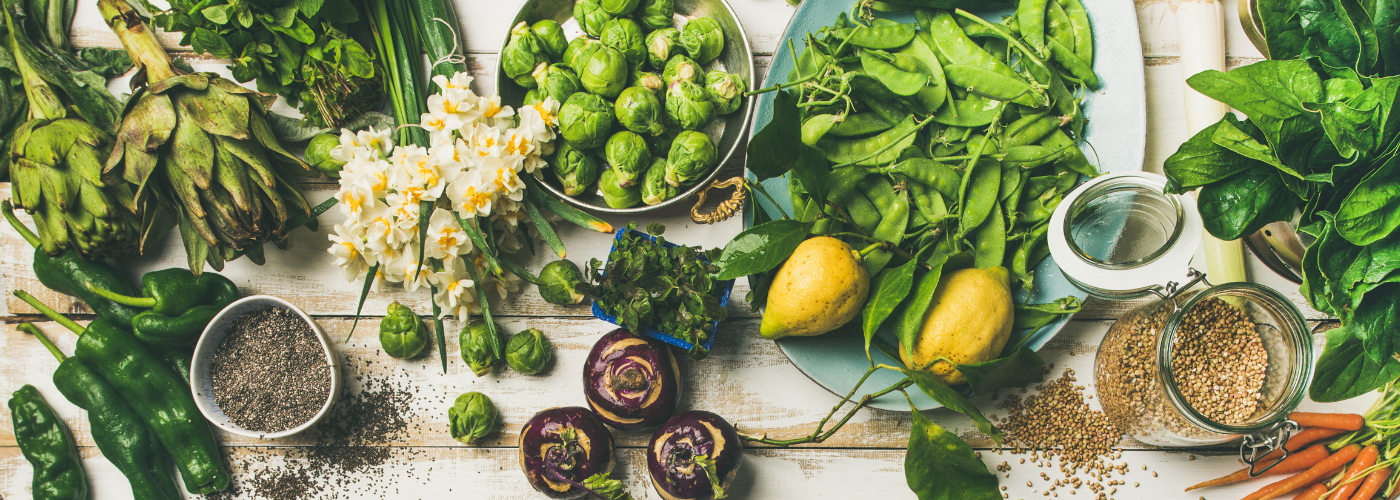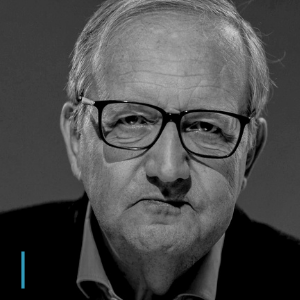Every advertising medium today lives partly from the communicative efforts of vegetarian products that are rapidly replacing animal products. This is not new, but now the arguments are no longer limited to individual health. More than ever the “save the planet” sales slogans ring as loudly. Since the turn of the century, this has really taken off. Organic Style magazine was one of the first to support this shift in relevance 20 years ago.
Who could have guessed that? The attacks on 9/11 which in the meantime are collectively engraved in our memory, have become a boost for a new lifestyle, the organic-biological, let’s say the natural lifestyle.
Nothing new? Incorrect. In this new lifestyle it goes much further than merely biological food. It’s about a way of living, consuming, which is not, as it was up until recently, only defensive.
The new ‘green’ consumers don’t change their lifestyle because they want the protect and defend the environment. They change their lifestyle because they can’t find a connection with the unpredictive world anymore, because they want to get a grip on life.
The trend is visible everywhere today but actually existed before the turn of the century. After the – literally – ominous event of September 11, 2001, the American magazine ‘Organic Style’, the unofficial mouthpiece of this new lifestyle, saw its circulation increase by no less than 25%.
On the cover of its first issue, published a few weeks before 9/11, the magazine defined this lifestyle as ‘the art of living in balance’ or ‘balanced living’.
Balance of nature, ecological balance? So, it’s environmentally friendly after all? So still a little defensive? Keeping the balance between the desired good and the necessary evil?
Indeed, in the December issue, this is still headlined. In small print. But at the bottom, in much larger letters, is now the catchword “Connect!
Organic Style has nothing to do with hippies anymore, nothing to do with ‘back to nature, back to the past’. Organic Style has everything to do with ‘connecting with, moving forward to…’. Well, forward to what?
Organic Style defines it this way, ‘organic-biological is what authentically connects to your being as a way of living everyday’. A little complicatedly worded?
Marketing people who have jumped on this newfangled organic train say it more simply. An ad for organic milk, for example, shows a happily smiling child’s face full of freckles, with underneath, “You are what you drink.”
Too simple? Not at all! It is the very essence of marketing. You are what you consume. And that’s not quite the same as: tell me what you consume, and I’ll tell you who you are. Maybe good to know, in retrospect, for sociologists, but by then the boat of marketing has long disappeared beyond the horizon.
‘In this time full of confusion,’ said Maria Rodale, publisher of Organic Style, ‘people want to make sense of their lives again.’
How do you do that, give your life meaning? Not by huddling in a corner. Not by being defensive. You give your life meaning by being affirmative and self-assured, by thinking constructively and making positive choices.
Take Canderel, for example. The days when you chose Canderel as a diet product – i.e. as a means of defense, because sugar was not good for you – are long gone. Canderel has long ceased to be the sugar substitute that you had to discreetly dig out of your coat pocket or handbag at the café to sweeten your coffee. Canderel is now offered to you, alongside sugar, with your coffee. You can freely choose for Canderel and leave the sugar behind.
Canderel has become a lifestyle product. Canderel not only makes your coffee, but your whole life sweeter.
For a long time Canderel isn’t an “artificial” sweetener anymore. Canderel is the original product that, as Organic Style put it 20 years ago, authentically connects to your own way of being, to your own being. You are how you sweeten your coffee.
Is this example once again not convincing enough because, as with milk, this is yet another case of responsible, healthy eating?
Meanwhile, this organic-biological trend has expanded to areas as diverse as dolls made of eco-friendly cotton and biodegradable golf balls for eco-friendly golfers that dissolve in water after 96 hours – the balls, of course, not the players.
The ‘connect’ trend, the authenticity trend that gives meaning to life, is also extending to non-ecological products. This column, for example, was not written with an ordinary pencil or an ordinary ballpoint pen, but with an ‘authentic’ Montblanc.
The latest slogan of this more-than-ordinary fountain pen asks, “Is that you?” Obviously, I am. After all, you are what you write.


